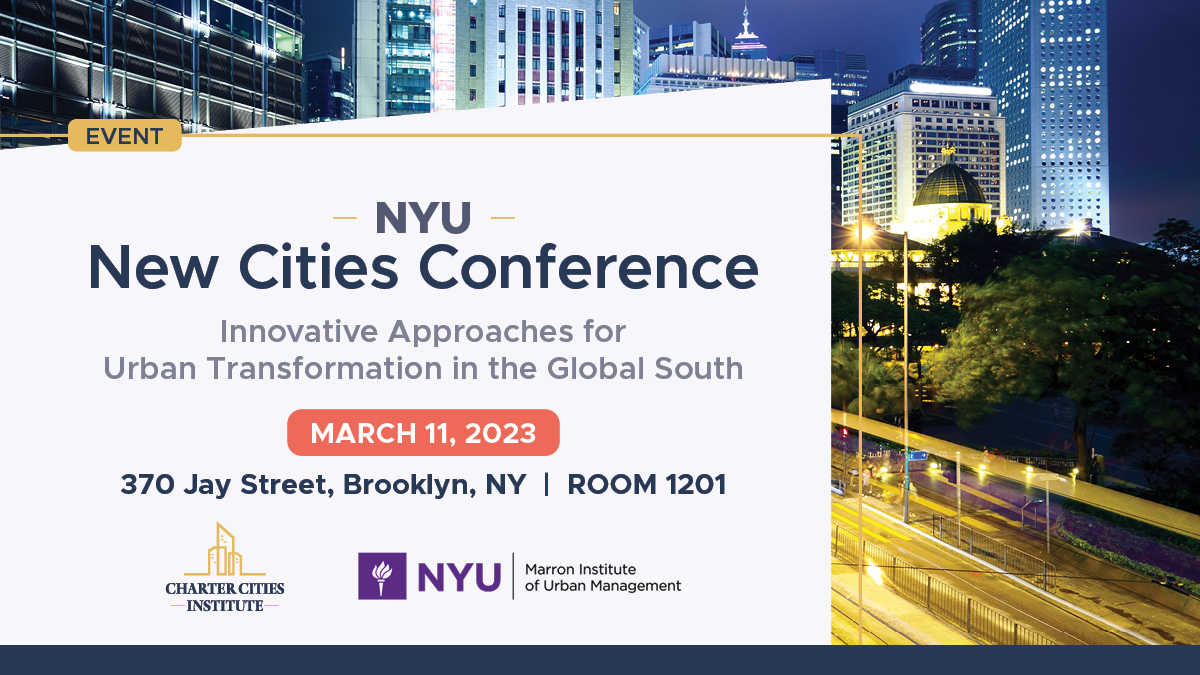Related

Event
/ Mar 11,2023
NYU New Cities Conference
Innovative Approaches for Urban Transformation in the Global South

Working Paper
/ Feb 19,2015
Spatial Distribution of Land Prices & Densities
The Models Developed by Economists
by
Alain Bertaud
